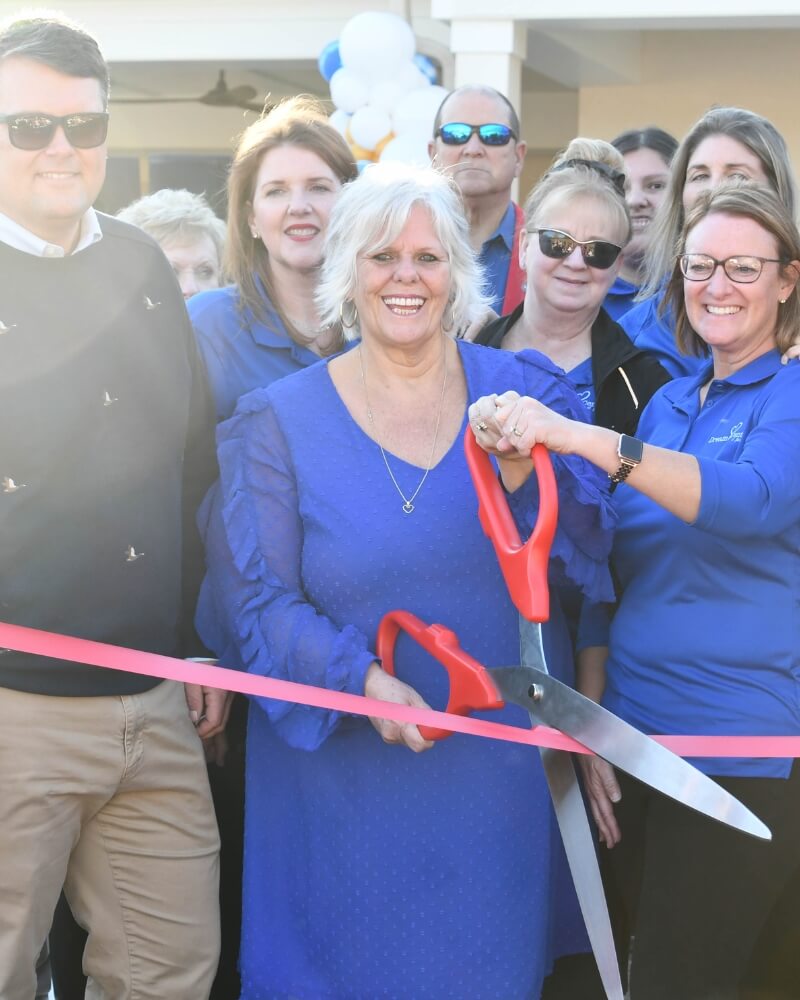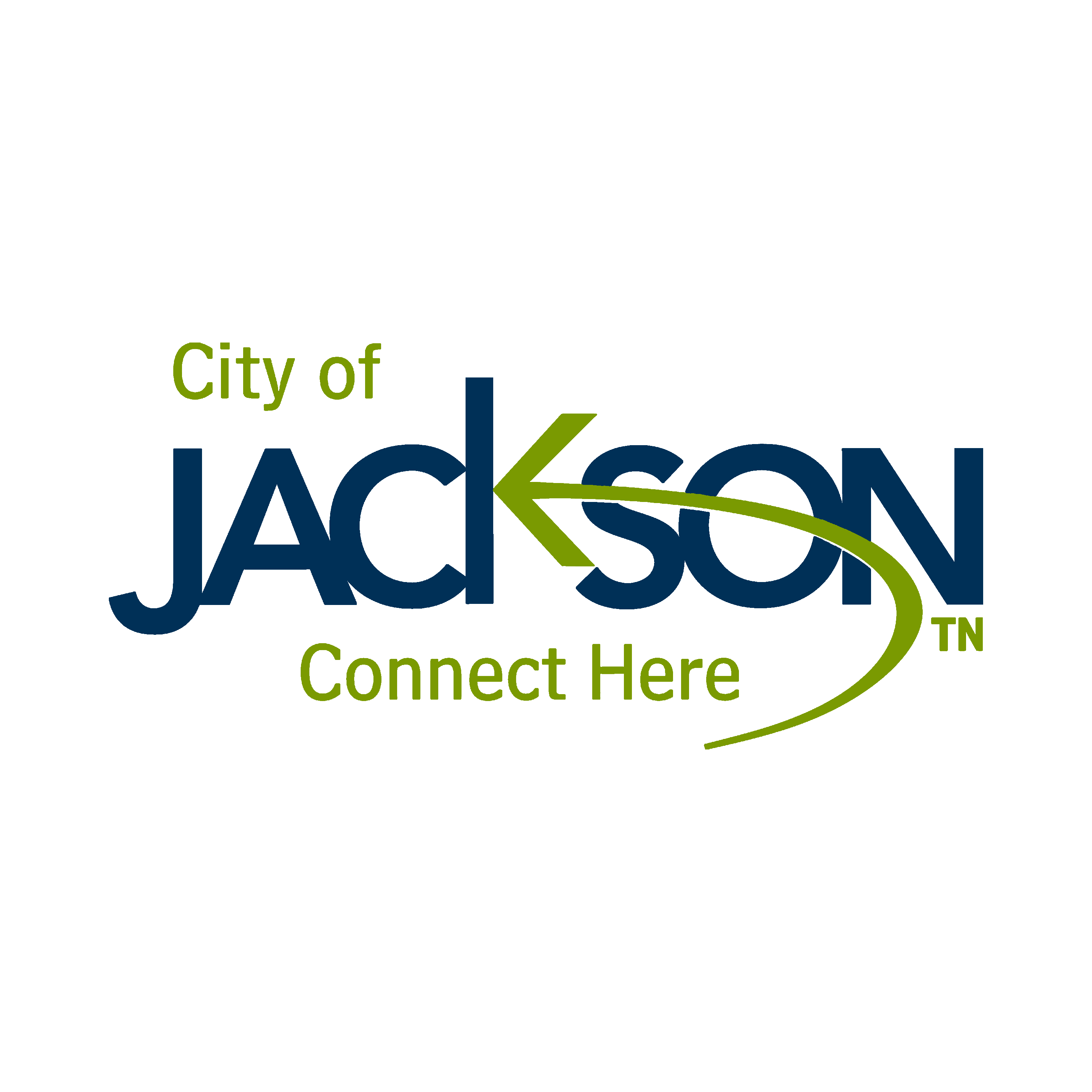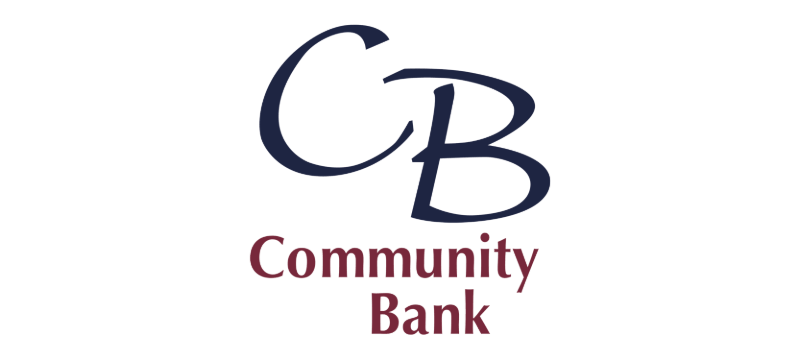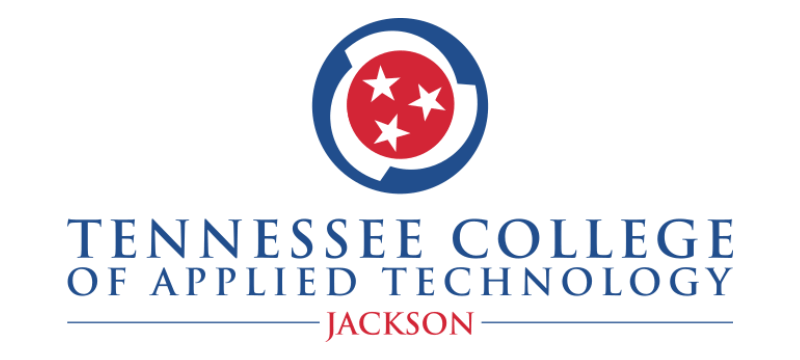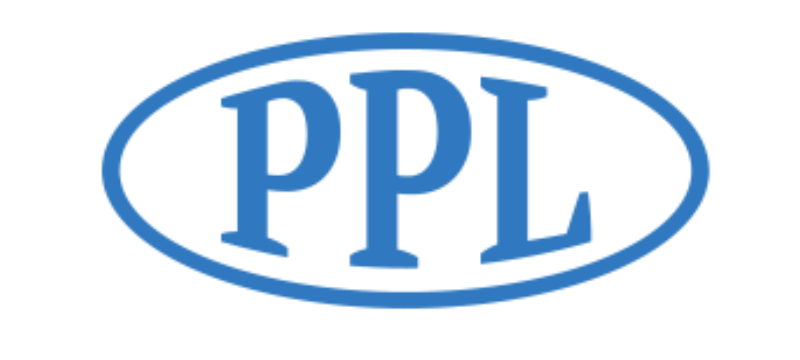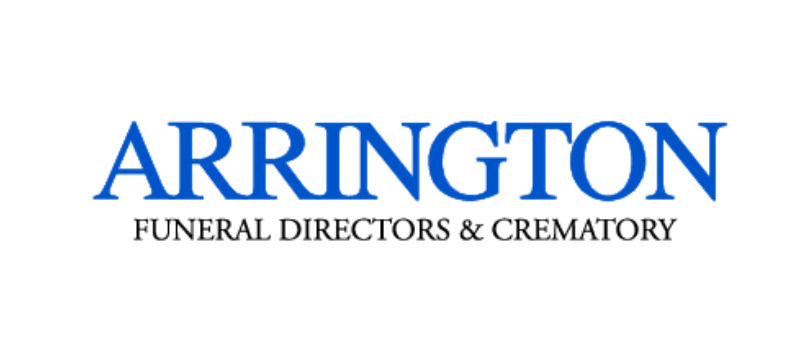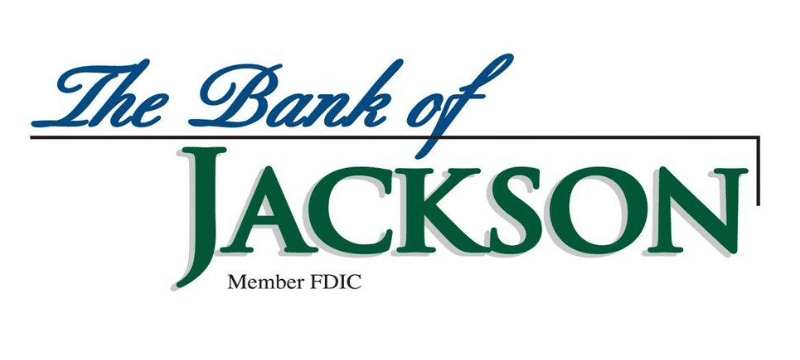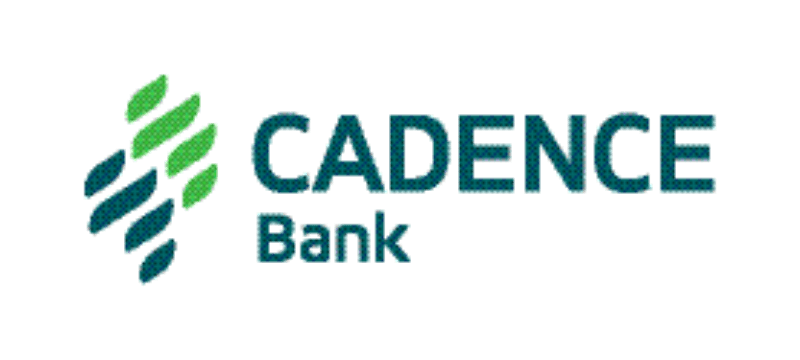
Why Join?
Joining the Greater Jackson Chamber and retaining your membership could be one of the smartest business decisions you’ll ever make. By investing in the chamber, not only do you commit to the growth and success of the community, but also to the future success of your own business. As part of that investment, you immediately have access to the resources, contacts and networking reach of 1000+ chamber members.
Whether you’re ready to join now, want to know more or would prefer to meet with a member of our team to discuss how to get the most out of your Chamber membership, we’re happy to get you started below.
